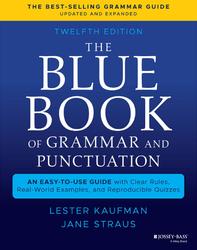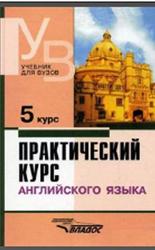The Blue Book of Grammar and Punctuation, Twelfth Edition, Kaufman L., Straus J., 2021.
Now in its twelfth edition, The Blue Book of Grammar and Punctuation will help you write and speak with con dence. You don’t have to be an English major to understand grammar and punctuation. You just need rules and guidelines that are easy to understand, with real-world examples.
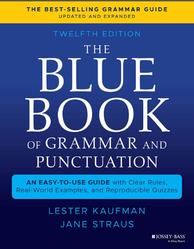
IRREGULAR VERBS.
English verbs are either regular or irregular. We call a verb regular when we add ed (wanted, looked) or sometimes just d (created, loved) to form what are called the simple past tense and the past participle (see third and fourth paragraphs below). A regular verb’s simple past tense and past participle are always identical.
Not so with irregular verbs. They form the simple past tense and the past participle in any number of unpredictable ways. Some irregular verbs, like let, shut, and spread, never change, whether present or past. Others, like feel and teach, become modified versions of themselves (felt, taught) to form both the past tense and the past participle. Still others, like break and sing, change to form the past tense (broke, sang) and change again to form the past participle (broken, sung). And then there are a few really weird ones, like go: its past participle (gone) is recognizable enough, but its simple past tense is a strange new word (went).
CONTENTS.
Preface and Acknowledgments.
About the Authors.
Introduction.
1 GRAMMAR.
2 PUNCTUATION.
3 CAPITALIZATION.
4 WRITING NUMBERS.
5 CONFUSING WORDS AND HOMONY.
6 QUIZZES.
7 ANSWERS TO QUIZZES.
Купить .
Теги: учебник по английскому языку :: английский язык :: Kaufman :: Straus
Смотрите также учебники, книги и учебные материалы:
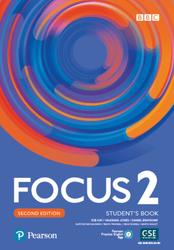 Focus 2, Students Book, Kay S., Jones W., Brayshaw D., 2020 — We are writing to you to introduce the new edition of Focus, our five-level course for upper secondary students. As … Книги по английскому языку
Focus 2, Students Book, Kay S., Jones W., Brayshaw D., 2020 — We are writing to you to introduce the new edition of Focus, our five-level course for upper secondary students. As … Книги по английскому языку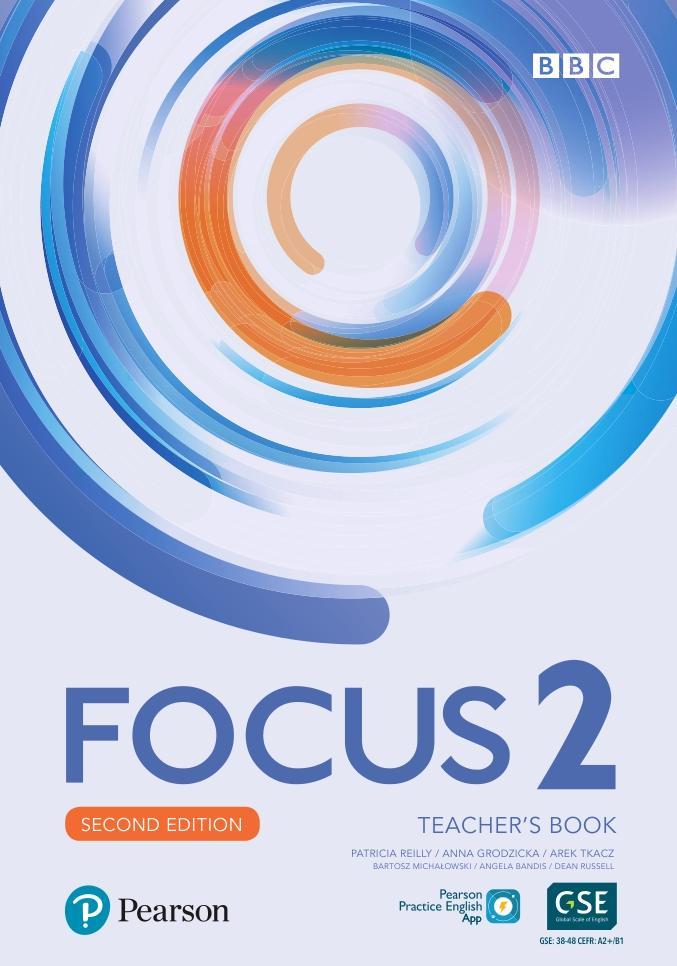 Focus 2, Teachers Book, Reilly P., Grodzicka A., Tkacz A., Michalwski B., Bandis A., Russell D., 2020 — We are writing to you to introduce the new edition of Focus, our five-level course for upper secondary students. As … Книги по английскому языку
Focus 2, Teachers Book, Reilly P., Grodzicka A., Tkacz A., Michalwski B., Bandis A., Russell D., 2020 — We are writing to you to introduce the new edition of Focus, our five-level course for upper secondary students. As … Книги по английскому языку Wider World 3, Student Book, Barraclough C., Gaynor S., 2016 — Wider World is the portal to a wider world of English language knowledge and resources specially designed for teenage learners. … Книги по английскому языку
Wider World 3, Student Book, Barraclough C., Gaynor S., 2016 — Wider World is the portal to a wider world of English language knowledge and resources specially designed for teenage learners. … Книги по английскому языку Wider World 4, Student Book, Gaynor S., Alevizos K., Barraclough C., 2016 — Wider World is the portal to a wider world of English language knowledge and resources specially designed for teenage learners. … Книги по английскому языку
Wider World 4, Student Book, Gaynor S., Alevizos K., Barraclough C., 2016 — Wider World is the portal to a wider world of English language knowledge and resources specially designed for teenage learners. … Книги по английскому языку
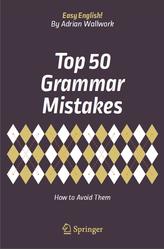 Top 50 Grammar Mistakes, Wallwork A., 2018 — This book is called The Top 50 Grammar Mistakes. In reality there are several hundred mistakes dealt within the 50 … Книги по английскому языку
Top 50 Grammar Mistakes, Wallwork A., 2018 — This book is called The Top 50 Grammar Mistakes. In reality there are several hundred mistakes dealt within the 50 … Книги по английскому языку Top 50 Vocabulary Mistakes, Wallwork A., 2018 — This book is called The Top 50 Vocabulary Mistakes. In reality there are over 150 words dealt within the 50 … Книги по английскому языку
Top 50 Vocabulary Mistakes, Wallwork A., 2018 — This book is called The Top 50 Vocabulary Mistakes. In reality there are over 150 words dealt within the 50 … Книги по английскому языку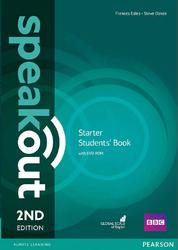 Speakout 2nd Edition, Starte, Students Book, Eales F., Oakes S., 2015 — Speakout 2nd Edition is a comprehensive six-level general English course for adults that has been developed in association with BBC … Книги по английскому языку
Speakout 2nd Edition, Starte, Students Book, Eales F., Oakes S., 2015 — Speakout 2nd Edition is a comprehensive six-level general English course for adults that has been developed in association with BBC … Книги по английскому языку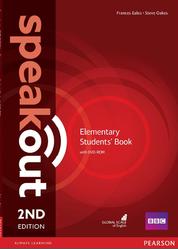 Speakout 2nd Edition, Elementary, Students Book, Eales F., Oakes S., 2015 — Speakout 2nd Edition is a comprehensive six-level general English course for adults that has been developed in association with BBC … Книги по английскому языку
Speakout 2nd Edition, Elementary, Students Book, Eales F., Oakes S., 2015 — Speakout 2nd Edition is a comprehensive six-level general English course for adults that has been developed in association with BBC … Книги по английскому языку

